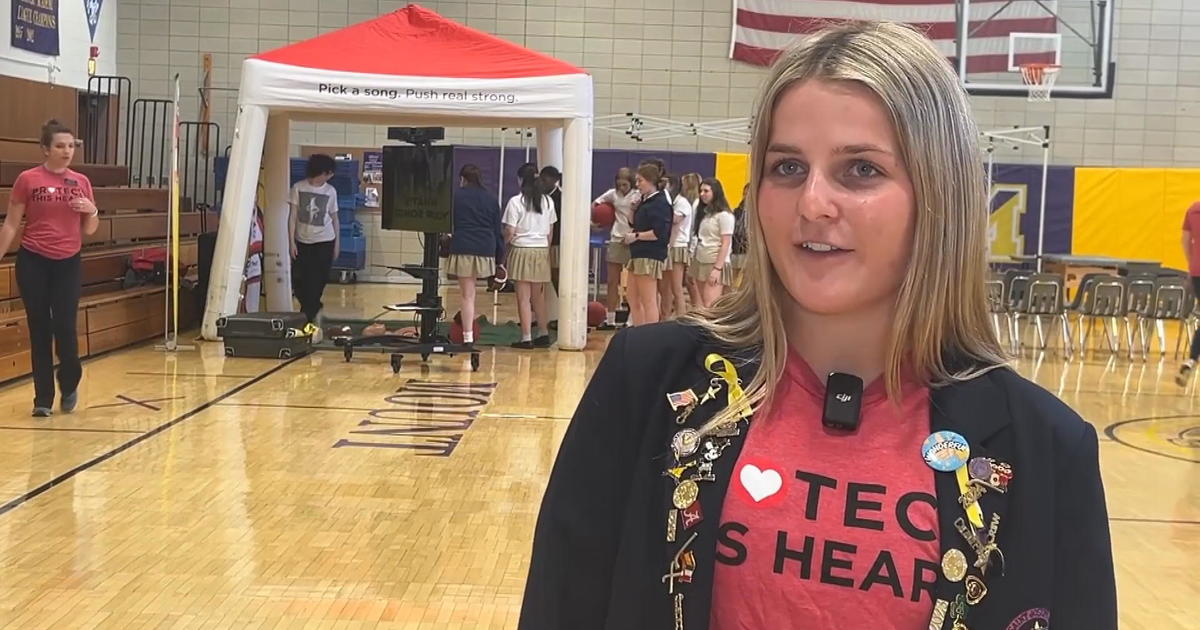Sleep Apnea Poses Increased Risk Of Heart Troubles For Aging Women, Research Shows
Follow CBSPHILLY Facebook | Twitter
PHILADELPHIA (CBS) -- About 18 million Americans have sleep apnea, but only 20 percent have been diagnosed and treated. Now, new research says older women with the disorder should watch out for a specific kind of heart trouble.
Sleep apnea is a common, but potentially dangerous disorder, where people temporarily stop breathing while they're asleep. It's often marked by snoring.
The new research shows sleep apnea risks are different between men and women.
"We know that obstructive sleep apnea is two to four times more common in men than it is in women," Dr. Reena Mehra of the Cleveland Clinic said. "But when women become post-menopausal, then our risk for obstructive sleep apnea actually increases."
The increased risk for aging women could be due to hormonal chances, but doctors say it might also be due to functional changes in the upper airway.
New Tick Warning In Winter Due To This Week's Taste Of Spring
The study looked at data for more than 4,800 people.
Results show that for men and women who reported obstructive sleep apnea or snoring, heart imaging showed an increased thickness in the left ventricular wall -- the heart's main pumping chamber.
And the thickness was greater for women.
Doctors say changes in the heart of the snoring group could be an indication of undiagnosed sleep apnea, which appears to be potentially more dangerous for women as they age.
"Obstructive sleep apnea is more than just snoring. It has detriment on quality of life, and our heart health. So those are the two big reasons to treat it," Dr. Mehra said.
Eat Right Philly Introduces New Initiative At Clara Barton Elementary School
Doctors say the best treatment for sleep apnea is a c-pap machine that regulates breathing during sleep.
Doctors say it's important that apnea is accurately diagnosed with a sleep test.
If left untreated, it can lead to some serious health problems, including depression, fatigue, memory trouble and an increased risk for accidents.
Snoring is the main warning sign.


